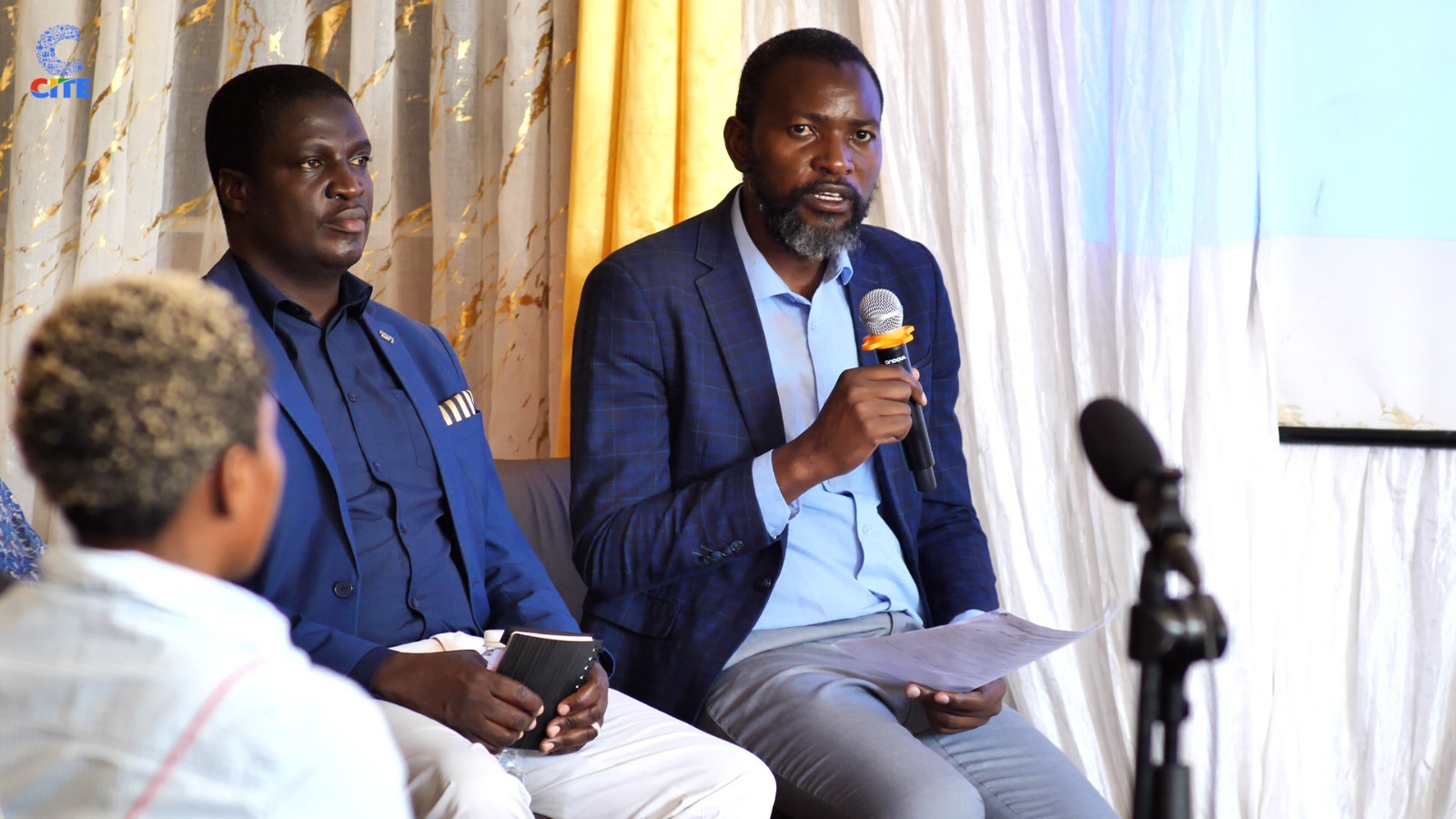Residents of Bulawayo are calling for public consultations regarding the involvement of Dutch water utility company Vitens Evides International (VEI) in managing the city’s water and sanitation services.
This emerged during a Water Financing Indaba organised by the Matabeleland Institute for Human Rights (MIHR) and the Bulawayo Water Assembly (BUWA) on Wednesday.
Khethiwe Tshuma, a resident of Entumbane, expressed frustration over the lack of official communication about VEI’s role, stating that information had only circulated as rumours on social media.
“The way this utility company came into the picture is flawed. As residents, we’ve only heard about it through social media rumors. We were expecting councillors or Bulawayo City Council (BCC) officials to consult us and gather our views, but so far, nothing has been officially communicated,” Tshuma said.
She also questioned whether VEI could deliver anything better than the current water department.
“What can this company do that the BCC water department hasn’t done? If the same department will run the utility, where’s the difference? This seems like another TTI,” she said.
Another resident argued that funds allocated for outsourcing should instead be invested in improving the city’s existing water systems.
“If money is the issue, why can’t it be channeled directly to BCC for improvements?” the resident asked, also raising concerns about whether councilors were adequately communicating with their constituents.
“Are the councillors we elected aware of this process? They should be the ones informing us. Council staff, please ensure this information reaches us,” the resident added.
Some residents raised concerns about the tangible benefits VEI could provide, particularly in addressing water scarcity.
“We need water, not technical management of water. If VEI is not bringing new infrastructure like dams, then what’s the point? We already have qualified engineers,” one resident remarked.
Another resident voiced skepticism about potential employment opportunities, fearing they might be influenced by partisan lines.
Many residents expressed fears that privatizing water services could lead to similar failures experienced in other sectors.
“We’ve seen what happened with Ingwebu Breweries and the City Towers after privatisation—they disappeared. TTI is another example. Now it’s water, and soon it’ll be clinics. What’s next, privatising residents?” one resident said.
He added that the council should retain control of water services unless VEI could guarantee a new dam.
While some residents were not entirely opposed to VEI’s involvement, they criticised councillors for not respecting their role as stakeholders.
“Councilors should trust us and provide information. Don’t hide things from us. Right now, you seem afraid of us,” one resident said, urging VEI to consult with the public directly.
“We’ll accept it if it benefits us, but for now, we’re saying no,” he added.
Ward 17 Councilor Sikhululekile Moyo admitted that the process had been mishandled, adding that consultations should have been prioritised.
“There was confusion in the media, and we said the issue of the utility should be paused. Residents didn’t have water, yet we were discussing privatisation, which they didn’t understand. We parked the issue to start over,” she said.
Moyo also expressed disappointment that neither council management nor VEI had scheduled public consultations as requested.
“We represent the residents, and management hasn’t done what we asked. Together with VEI, we need to prepare for consultations and meet residents ward by ward,” she said.
VEI Project Manager Robson Manatsa reassured stakeholders that consultations would take place.
“Councillors are the shareholders and remain in control of this entity. There’s no way they won’t be part of the process,” Manatsa said.

